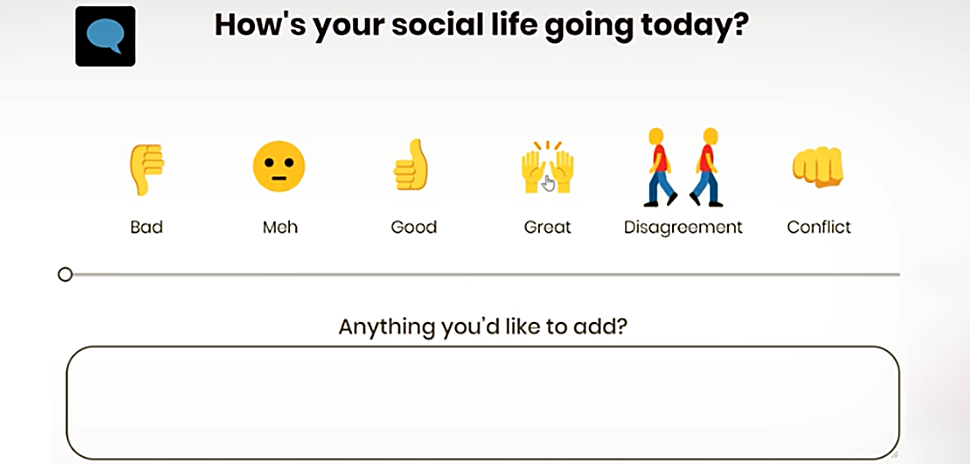All the data from Facebook, Google Chrome, Pokémon Go, and other apps has value, but the users who create it never get paid.

Alejandro Perez
Alejandro Perez wants to change that with his startup, Data Stocks Inc.
He’s creating an app that gives users the option of either selling their data or opting out completely, meaning nobody has access to it.
“This is a problem across every big corporation,” Perez said. “How do you compensate people for secondary selling or usage of data?”
Perez calls himself the Ebay of data rentals.
“The whole point is for them not to bother you.”
Alejandro Perez
The data could be anything from keyword searches, clicks, time of use, duration, geolocation, interests, demographics, type of device, and the internet provider.
Even for those who opt to sell their data, private information such as the users’ names, email, phone number, and addresses cannot be sold.
“The whole point is for them not to bother you,” Perez said. “It’s just behavioral data. The company that I sign a data deal with has to agree with this. If they don’t, there’s no deal.”
It initially will be launched on the Apple store.
Once the app goes live, the Dallas-based startup could offer users the going rate for their data on a six-month contract basis. The cost is typically $5 to $10 per app. The more data someone puts out there, the more money they can make.
Perez will be the broker for that data, offering to sell it to the corporations who collect it. He collects a 25 percent fee from the company but the rest of the money goes to the user, who gets paid through PayPal.
“Your phone has enough data produced and wanted by companies”
Alejandro Perez
He’s been working on Data Stocks Inc. since 2014, but started gaining momentum in November 2015. Perez also has a team helping him in Boston and in India to get the app working.
As it is now, Facebook and other apps would rather pay high-priced lawyers to keep from having to pay for the aggregated data, Perez said.
He aims to flip that paradigm.
Long term, the goal would be for people to get back some of the money they pay for data plans, allowing the phone to pay for itself.
“Your phone has enough data produced and wanted by companies,” Perez said.
Delivering what’s new and next in Dallas-Fort Worth innovation, every day. Get the Dallas Innovates e-newsletter.






























